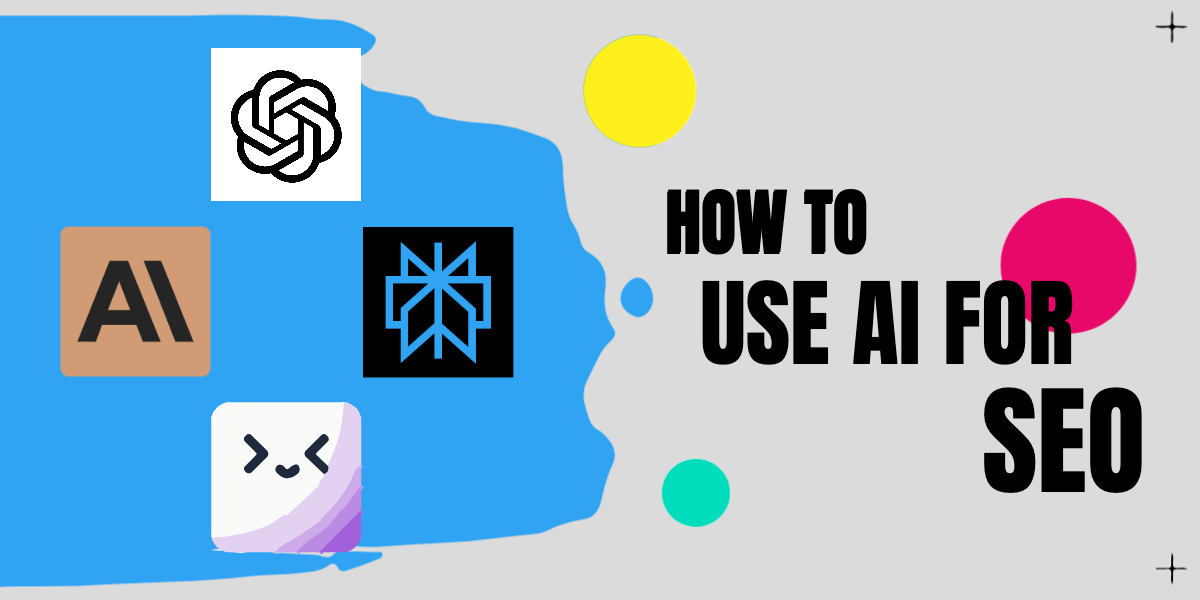AI is transforming SEO in 2025, making it a key concept of any successful digital strategy.
Google’s algorithms, powered by RankBrain, BERT, and MUM, analyze search queries with a level of nuance that outpaces traditional optimization strategies. Businesses that fail to account for these changes will find their visibility shrinking.
Search engines now assess content quality through AI-driven models that prioritize relevance, authority, and user engagement. Tactics that once worked, like keyword stuffing or mechanical backlinking, have lost their impact. Optimization requires an understanding of how AI interprets language, evaluates credibility, and ranks search results. Additionally, AI is changing website user experiences, influencing performance, and transforming link-building strategies.
The competitive advantage lies in working with AI rather than against it. Those who adapt to this reality will maintain visibility with much greater success.
AI-Powered SEO Strategies for 2025
In 2025, AI-driven SEO strategies present exciting opportunities for marketers. By creating high-quality content, refining keywords, and understanding user intent, they can enhance their approach. AI also improves technical SEO, and personalized experiences and predicts trends to boost Google rankings.
AI for Content Optimization
Although content remains at the core of SEO, the involvement of AI has sparked a change in its creation and tuning. These AI tools can study search intent, forecast keyword trends, and base their content on them in a way that aligns with Google’s semantic search principles. Understanding the distinctions and roles of AI and ML (Machine Learning) and learning works toward improved content optimization has become crucial.
Topic Clustering: AI-powered topic clustering helps hoard related content in bundles, boosting the website’s relevance and improving its authority over what content it displays and where. AI catches gaps between topics and works to fill these gaps with content that matches the user’s intent.
AI-Driven Keyword Research: As the phrase suggests, old-school keyword research is outdated in this generation of AI-powered intent analysis.
AI models are better equipped to deal with user queries. They detect SERP (search engine results page) trends and identify rivals to determine high-impact keywords. This results in benefited engagement and ranking signals, better lined with Google’s changing algorithms.
AI and Automated On-Page SEO
AI simplifies on-page SEO by automating the creation of meta tags, ensuring schema markup, and ensuring that content matches the search intent. By reducing manual efforts, AI helps in faster indexing, better ranking opportunities, and improved user engagement.
AI-Created Meta Tags & Schema Markup: AI tools such as Surfer SEO and RankMath create better meta descriptions, title tags, and structured data, which leads to more clicks and faster indexing.
Automatic Internal Linking: AI spots chances to link related content, build a logical site structure, and spread link value well. Businesses using AI for on-page SEO can make their optimization work more manageable and have a better shot at ranking higher.
AI in Technical SEO
Technical SEO ensures search engines can easily crawl, index, and rank your website effectively. Emerging AI technologies are entirely changing technical SEO norms.
AI assists search engines in figuring out what content to prioritize and how to understand it more clearly, which is excellent for optimizing crawl budgets, especially for larger websites. These tools, namely Google Search Console, Sitebulb, etc, also closely examine how well your site is performing. They help improve loading speed, interactivity, and visual stability—essential factors in Google’s ranking system.
AI-Driven Link Building
Backlinks still matter greatly in determining your ranking, but AI has changed how we get those links.
For instance, AI-powered SEO tools like Ahrefs and SEMrush can constantly track a website’s backlink profile to maintain link quality and domain authority. It also identifies harmful or spam links that might negatively affect the site’s SEO performance. The tool then produces an automated report with suggestions on maintaining the domain’s credibility.
AI also improves link acquisition strategies. It examines competitor backlinks and industry trends in a given or specified niche to predict valuable link-building opportunities.








Leave a Reply